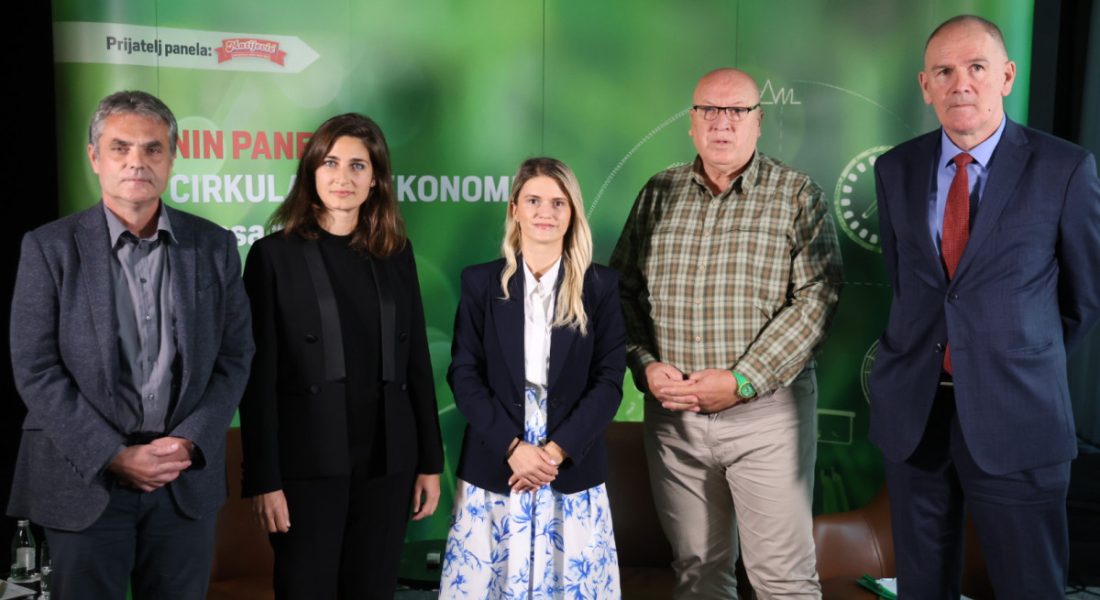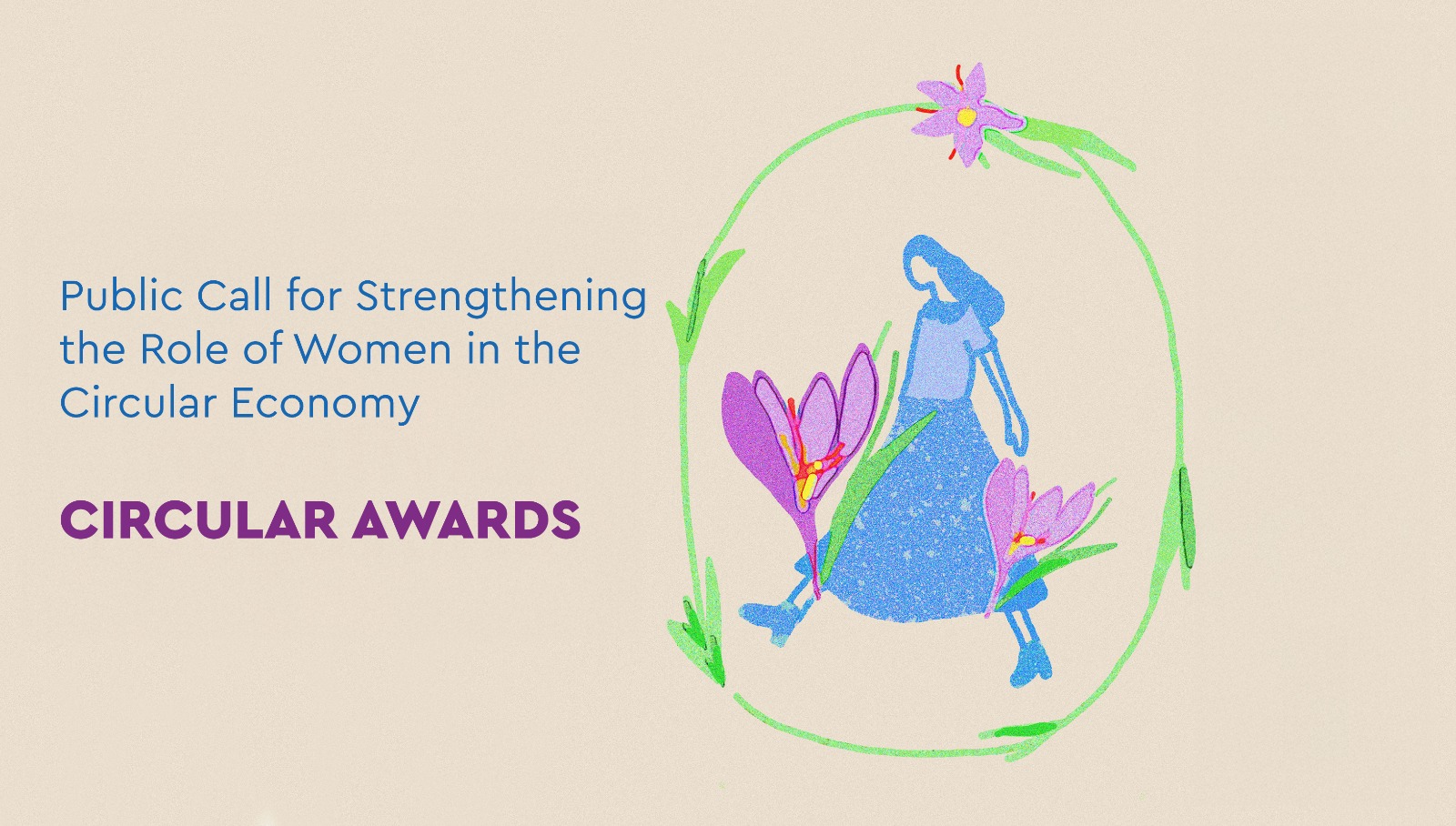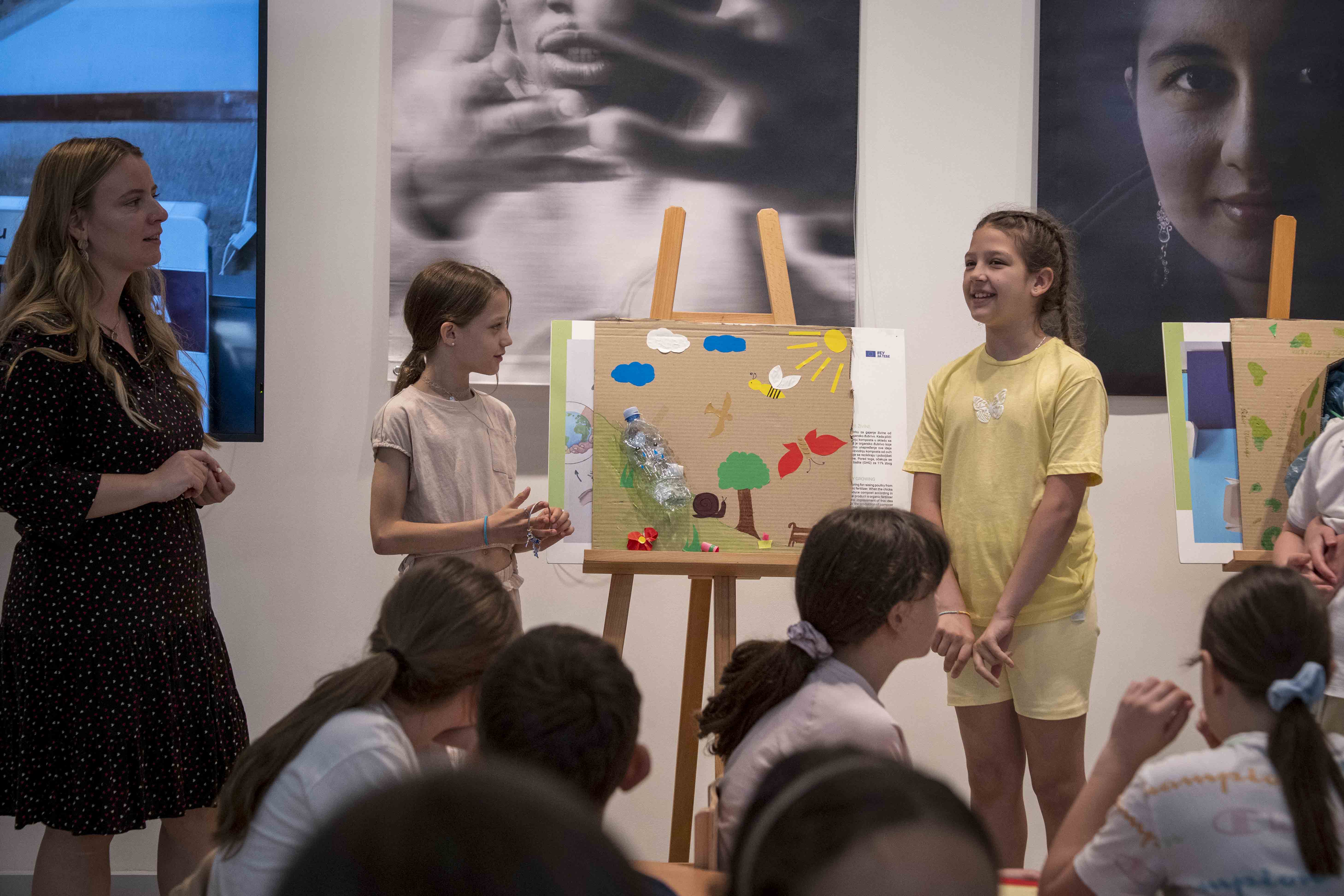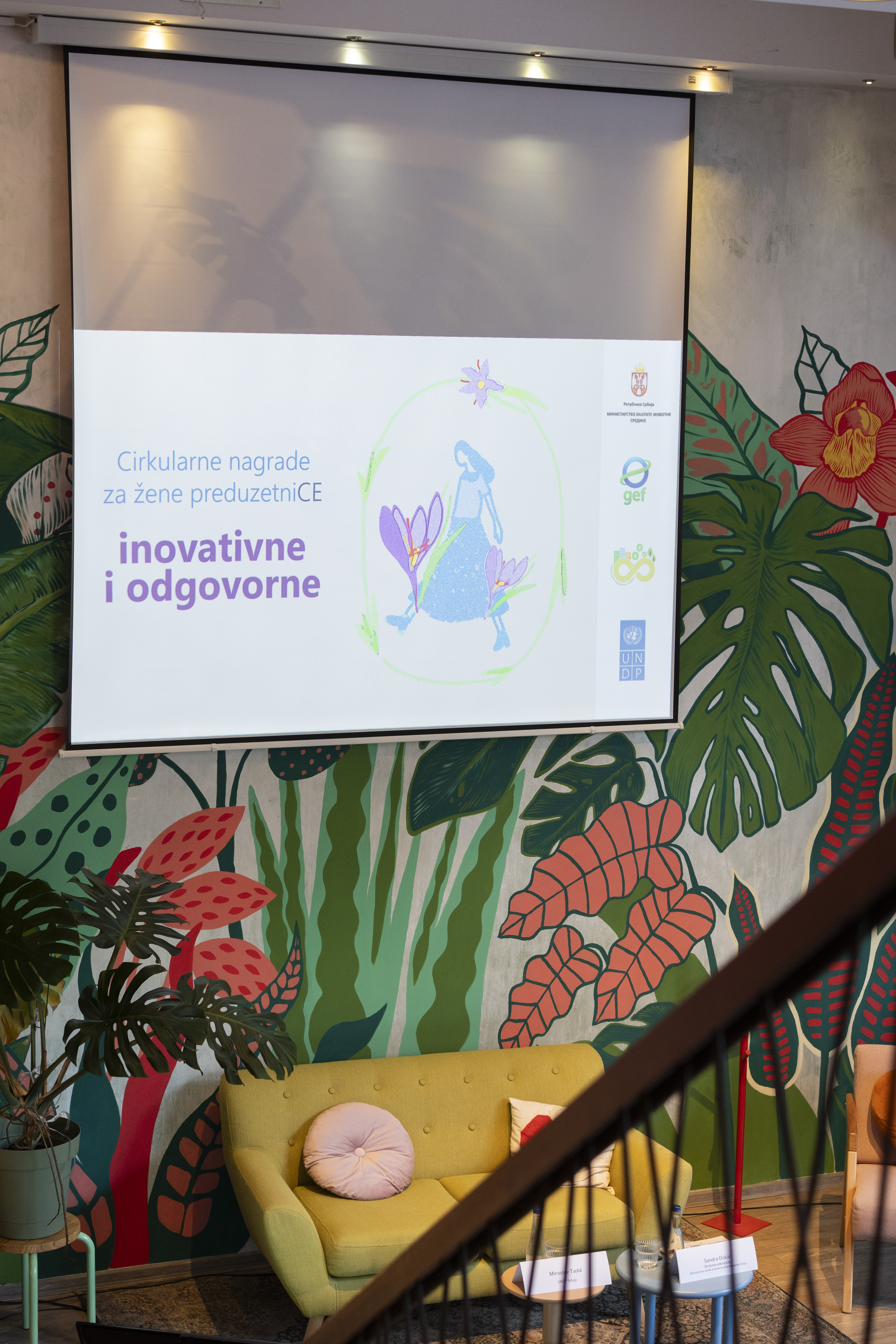Today, the weekly magazine NIN organized a panel discussion “Circular Economy as a Development Opportunity in Industry”, bringing together representatives from institutions, the private sector and experts in the field of circular economy to explore the opportunities and challenges of applying circular principles in Serbia’s industrial sector.
The panel featured Zoran Trpovski, Secretary of the Industry Association at the Chamber of Commerce of Vojvodina; Ivanka Stojnić, Sustainability Manager for Southeast Europe at Nestlé; Siniša Mitrović, Head of the Center for Circular Economy at the Chamber of Commerce and Industry of Serbia; and Goran Knežević, President of the Biogas Association of Serbia.
The discussion was moderated by Ana Mitić-Radulović, Circular Economy Analyst at the United Nations Development Programme (UNDP), which actively supports Serbia’s green transition and the development of sustainable business models.
The circular economy is an economic model in which resources are used as efficiently as possible, aiming to minimize – or ideally eliminate – waste. However, recent data suggest that the world is moving further away from this goal. According to the annual Circularity Gap Report by the Circle Economy foundation, the global economy is currently only 7.2% circular, down from 9.1% in 2018. This means that less than 8% of extracted resources are cycled back into production, despite growing efforts in recycling and sustainability. The pace of global resource consumption continues to significantly exceed the rate of reuse.
During the discussion, Ana Mitić-Radulović presented UNDP’s ongoing efforts to foster innovation in Serbia’s circular economy sector. Since 2022, ten public calls have been launched, attracting around 300 applications. Through two major programs, more than 80 innovative projects have received financial support totaling over USD 3 million, while the total value of investments generated exceeds USD 25 million. In addition, UNDP is working closely with the Ministry of Environmental Protection to strengthen the regulatory framework – including legislative amendments, implementation of the current Circular Economy Program, and development of a new strategic framework to guide future action.
A key takeaway from the panel was that a successful transition to a circular economy requires cross-sector collaboration, regulatory reform, and, above all, strong support for businesses – empowering them to adopt more responsible and sustainable models of operation.
Photo by Mitar Mitrović, NIN



